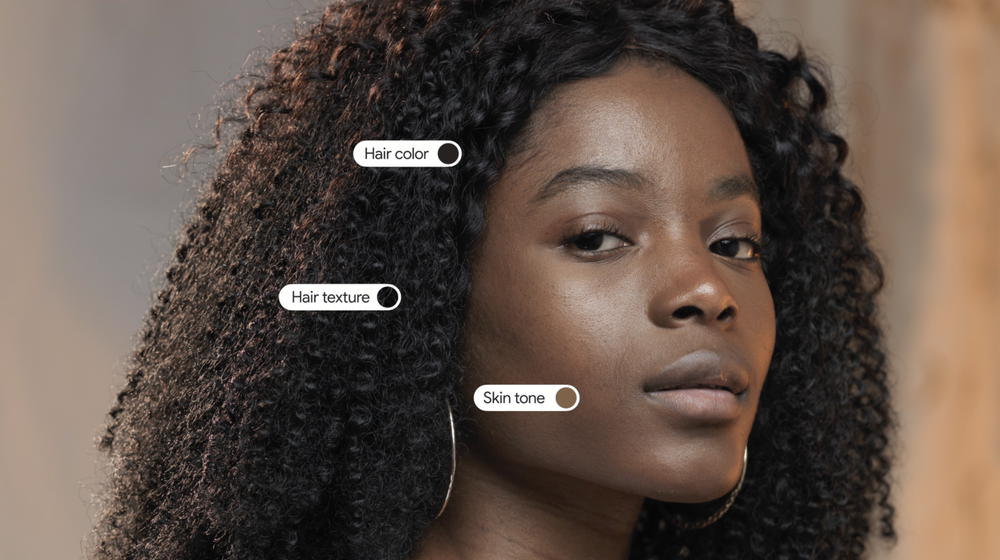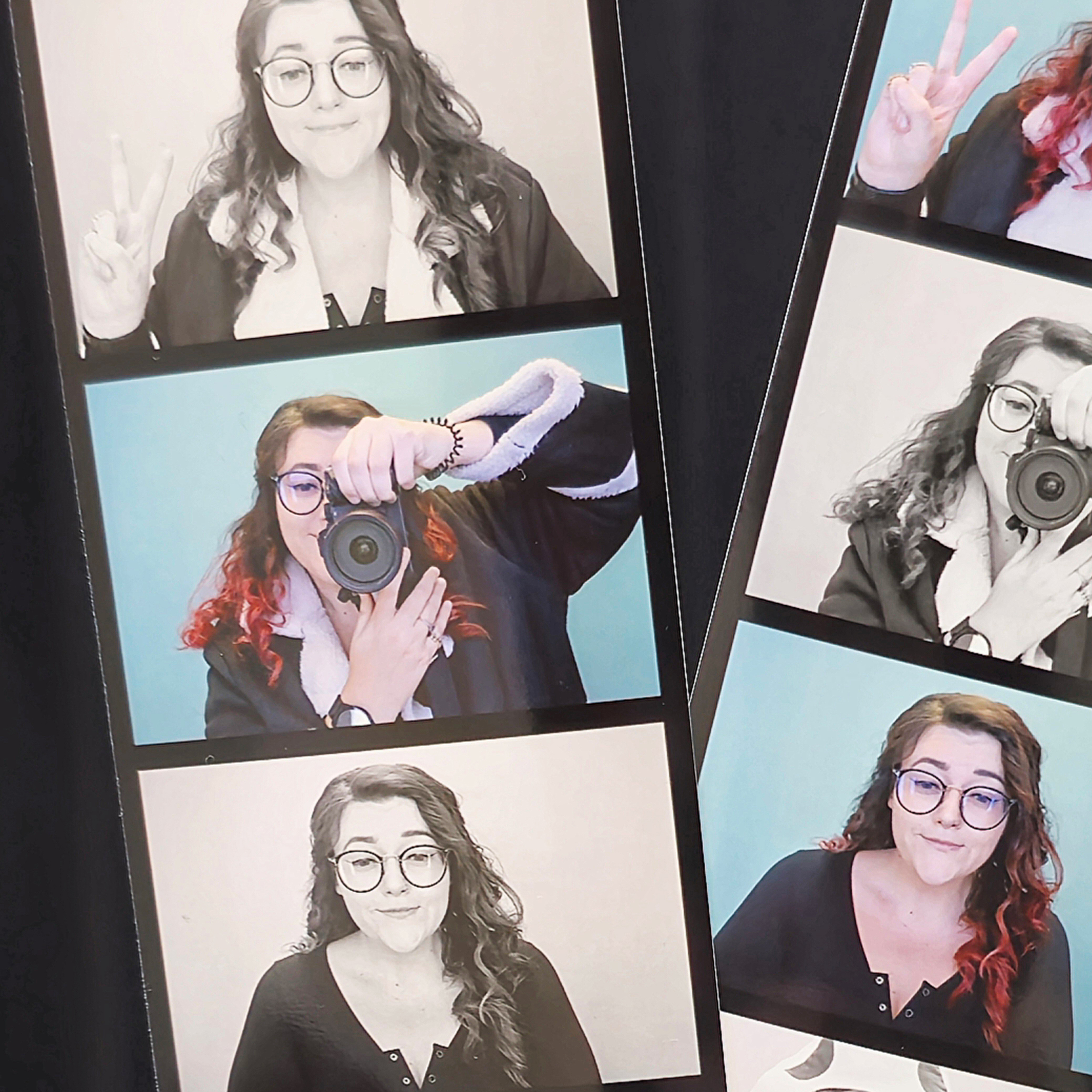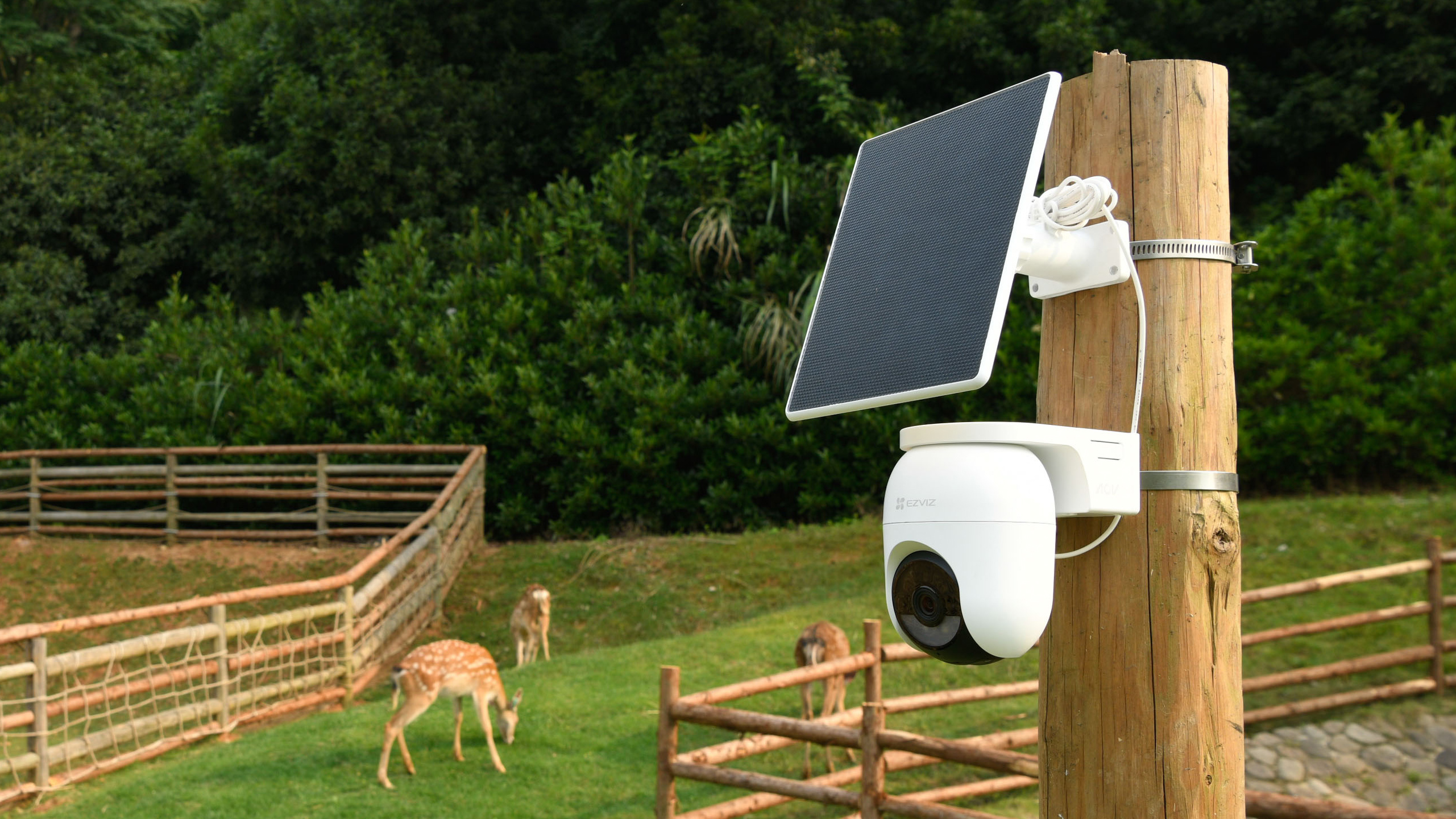Google leading online representation with new skin tone scale for photo results
Google has introduced a new skin tone scale for image search to show more inclusive and accurate results

The best camera deals, reviews, product advice, and unmissable photography news, direct to your inbox!
You are now subscribed
Your newsletter sign-up was successful
During Google's I/O conference, the tech giant announced new developments to its search engine features and functionality, including the new introduction of the Monk Skin Tone Scale to improve representation in online photo search results.
Having partnered with Harvard professor and sociologist Dr Ellis Monk, who created the Monk Skin Tone Scale, Google aims to tackle the unfair bias of skin tones we see when searching to show more accurate products and demonstrate fair inclusivity.
• Looking for the best camera for portraits?
The new ten-shade Skin Tone Scale is available for users to explore now, and will be incorporated into various Google products over the coming months. Representing a broader range of skin tones online should've been a priority from the get go, but as explained by Google, current artificial intelligence and machine learning technologies sometimes perpetuate unfair biases and work against people with darker skin tones.
"Seeing yourself reflected in the world around you, in real life, media, or online, is so important," said Tulsee Doshi, Google's Head of Product and Responsible AI. "And we know that challenges with image-based technologies and representation on the web have historically left people of color feeling overlooked and misrepresented."
"We're introducing a next step in our commitment to image equity and improving representation across our products. In partnership with Harvard professor and sociologist Dr Ellis Monk, we’re releasing a new skin tone scale designed to be more inclusive of the spectrum of skin tones we see in our society. Dr. Monk has been studying how skin tone and colorism affect people’s lives for more than 10 years."
The new skin tone scale is designed to be more inclusive of the skin tone spectrum that we see in the real world. And research has found that, among participants in the US, people feel that the Monk Skin Tone Scale is more representative of their skin tones, especially true for people with darker skin tones, compared with the current industry standard scale that is used.
The best camera deals, reviews, product advice, and unmissable photography news, direct to your inbox!
This is something that many of us born with white privilege have never even had to consider. Imagine searching for something visual such as an infected mosquito bite or type of inflamed skin rash, and not being able to find anything that resembles your own body and skin shade. Inclusivity online, especially in 2022, is vital for making the internet and tools accessible for everyone.
The culmination of Dr Monk’s research is referred to as the Monk Skin Tone (MST) Scale, and Doshi elaborates that, "the MST Scale will help us and the tech industry at large to build more representative datasets so we can train and evaluate AI models for fairness, resulting in features and products that work better for everyone.
"For example, we use the scale to evaluate and improve the models that detect faces in images… now when you search for makeup related queries in Google Images, you'll see an option to further refine your results by skin tone. So if you’re looking for 'everyday eyeshadow' or 'bridal makeup looks' you’ll more easily find results that work better for your needs.
"We’ll also be using the MST Scale to improve Google Photos...we’re launching a new set of Real Tone filters that are designed to work well across skin tones and evaluated using the MST Scale. We worked with a diverse range of renowned image makers, like Kennedi Carter and Joshua Kissi, who are celebrated for beautiful and accurate depictions of their subjects, to evaluate, test and build these filters."
In photography there is certainly work to be done on accurately portraying skin tones in different lighting and with different camera setups, Google's research and developments in how both artificial intelligence and machine learning technology recognize skin colors and faces could act as a leap forward in this particular area.
We applaud Google for recognizing areas of development and conducting the necessary research and fixes to make the internet better for everyone.
Read more:
Best lens for portraits
Best books on portrait photography
How to retouch a portrait using Photoshop Elements
Google is improving how its camera phones photograph black skin

Beth kicked off her journalistic career as a staff writer here at Digital Camera World, but has since moved over to our sister site Creative Bloq, where she covers all things tech, gaming, photography, and 3D printing. With a degree in Music Journalism and a Master's degree in Photography, Beth knows a thing or two about cameras – and you'll most likely find her photographing local gigs under the alias Bethshootsbands. She also dabbles in cosplay photography, bringing comic book fantasies to life, and uses a Canon 5DS and Sony A7III as her go-to setup.


